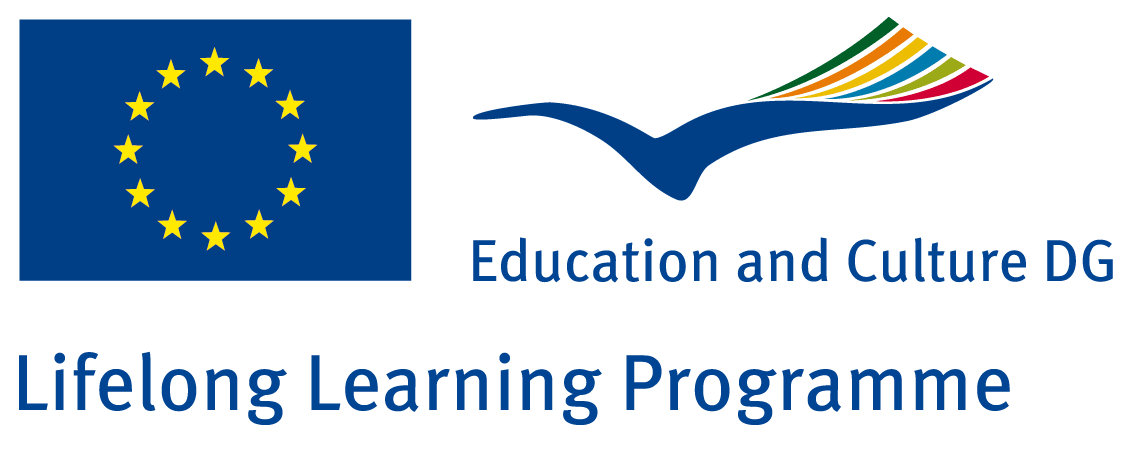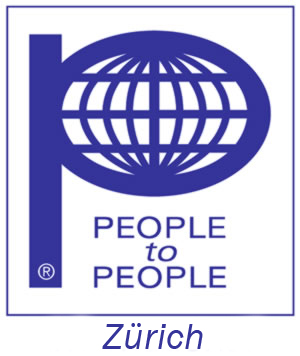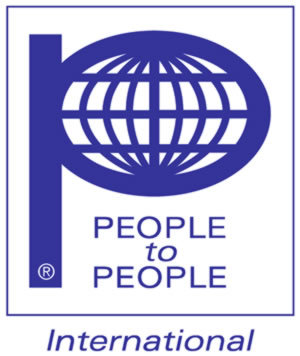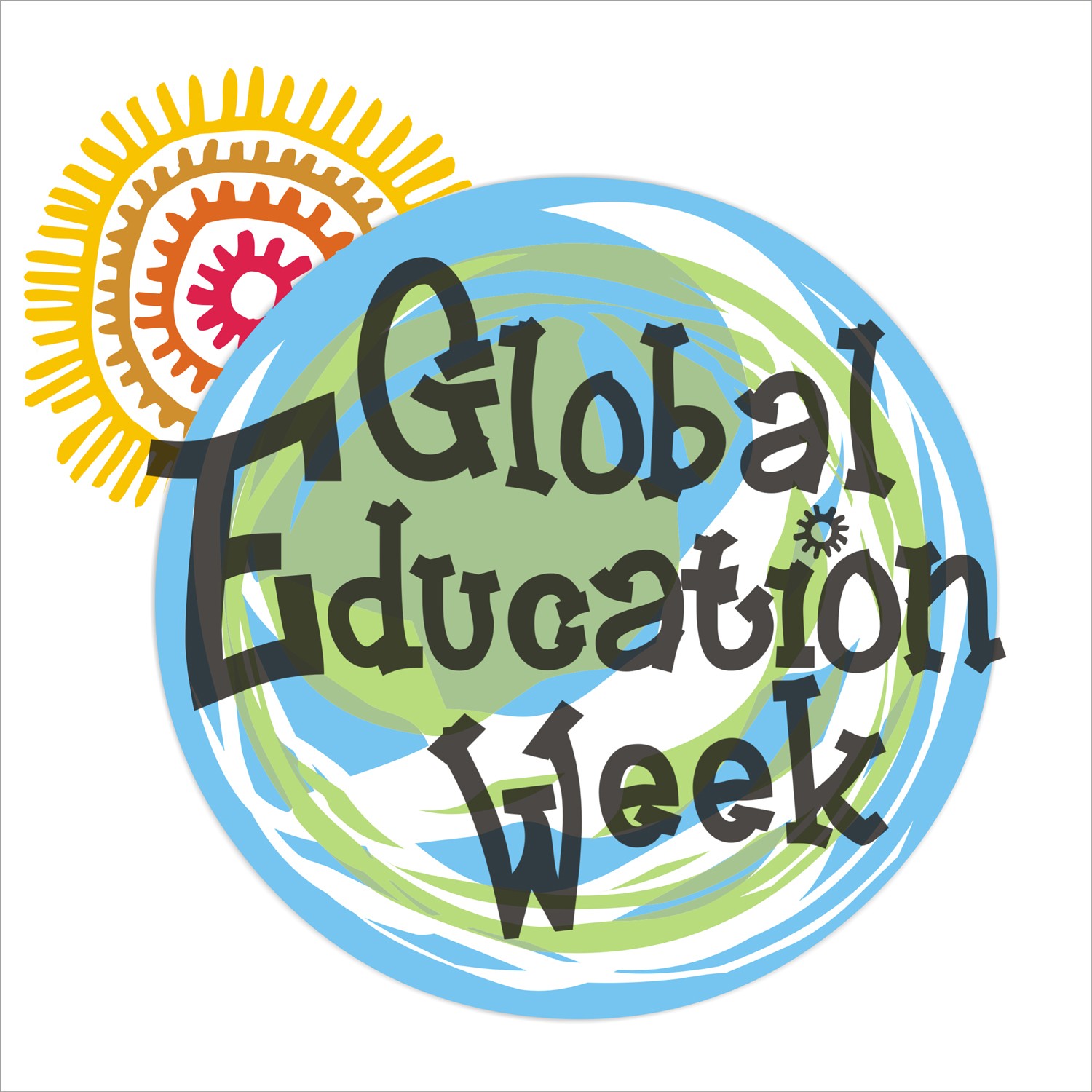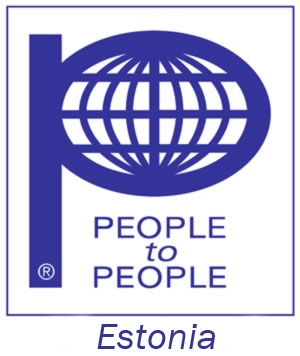Extremely EUnited: Prevent Radicalization among Youth
“Extremely EUnited” project (ISFP-2018-AG-CT-CSEP - Civil Society Empowerment Programme, project number 866883) aims to reach out to vulnerable youth by creating an innovative online platform that will offer a space where the voice of young people will be heard, challenge the radical propaganda, provide youth with alternatives, develop their resilience and critical thinking mechanisms.
The online platform will act as a multilingual hub to disseminate the media contents that will be created in the project such as videos, podcasts, info graphics, photos, drawings and articles on different social media networks. To enable faster and more effective communication, particular focus will be given to create an innovative platform using digital activism.
Our targeted audiences are young people aged 13-25. The targeted audience was decided upon after in-depth analysis of academic research, paper works, reports, media analysis.
The project includes seven coordinated social media campaigns:
Extremely Tolerant,
Extremely Creative,
Extremely Inclusive and Open-Minded,
Extremely Critical,
Extremely Informed,
Extremely Ethical,
Extremely Aware campaign.
A final symposium will be organised once all campaigns will be completed. Several speeches and conferences will be held. The symposium will last for one day. The main objective of this symposium is to disseminate the experience accumulated and the data collected during the Extremely EUnited project. On this occasion, participants, staff and academic members will share their knowledge and expertise in countering online radicalisation.
Project partners:
Intercultural Dialogue Platform (Belgium),
Szubjektív Értékek Alapítvány (Hungary),
Kosovar Center for Security Studies (Kosovo),
EU Diaspora Council (Sweden),
Foyer (Belgium),
TIA Formazione (Italy)
The European Foundation for South Asian Studies (Netherlands),
Eesti People to People (Estonia),
Instituto Tevere (Italy),
Asociacion Arco Forum (Spain),
Jeunactio (France),
Platforme de Paris (France),
Catholic University of Leuven (Belgium),
Stitching Platform INS (Netherlands).
__________________________________________________________________
The European Commission's support for the production of this publication does not constitute an endorsement of the contents, which reflect the views only of the authors, and the Commission cannot be held responsible for any use which may be made of the information contained therein.
